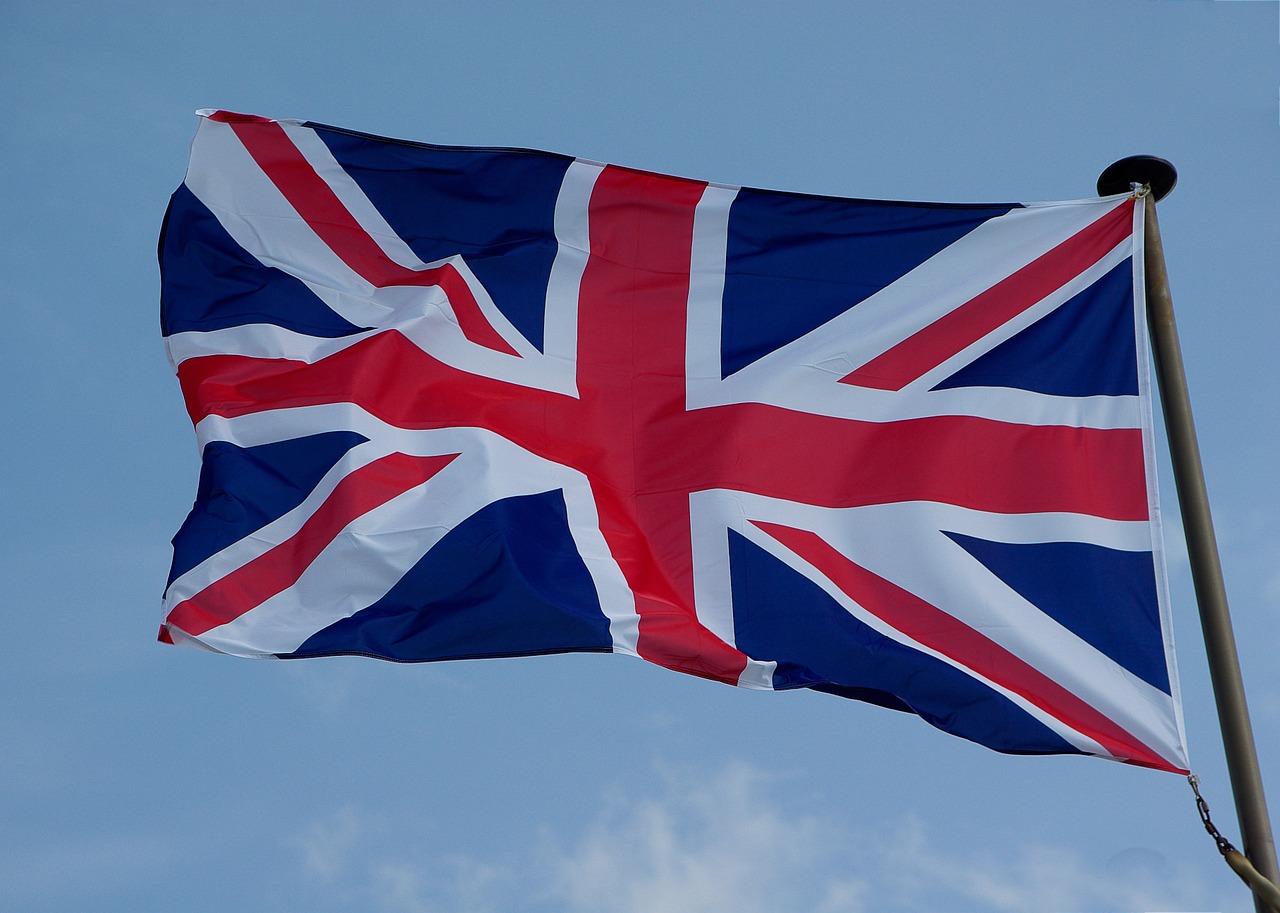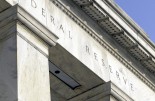LCG: BoE in focus as sterling’s free-fall becomes a real threat for inflation in UK
LCG: BoE in focus as sterling’s free-fall becomes a real threat for inflation in UK

The Federal Reserve (Fed) decision was no surprise. The Fed cut the interest rates by 25 basis points as widely expected. Governor Jerome Powell said that this is not the beginning of an easing cycle; it is a preventive measure to ‘insure against downside risks’. But he didn’t say it’s just one cut either, leaving the door open for further action.
Donald Trump was not happy. US stock investors either.
The S&P500 (-1.09%), the Dow Jones (-1.23%) and Nasdaq (-1.19%) sold off following the Fed rate cut. The US dollar gained as the market readjusted itself to a less dovish policy stance. On top, the ADP employment report came in better than expected; the US economy added 156’000 private jobs in July, versus 150’000 penciled in by analysts and 102’000 printed a month earlier.
The US 10-year yield tested the 2% support, aroused by risk-off capital flows this time. The Fed is expected to lower its interest rates at least two more times in the next nine months, the next cut being priced in at 85% for the Fed’s December meeting.
Now the attention shifts to Friday’s nonfarm payrolls, expected at 165’000 in July versus last month’s strong 224’000 read. Other data may also confirm 0.7% increase in US factory orders versus 0.7% decline previously, and a lower trade deficit in June.
A solid beat in economic data could further wane the dovish Fed expectations, fuel the US dollar purchases and encourage a deeper downside correction in the US stock markets, although the Fed’s moto in cutting the interest rates is the rising global risks.
The sharp gains in the US dollar threw the euro under the $1.1100 support. The EURUSD traded as low as 1.1034 in Asia, and the 1.1000 mark is the next bear’s eye. Large put option expiries within the 1.1050/1.1100 area should exercise a decent downside pressure on the single currency before the weekly closing bell.
BoE’s Inflation Report in focus as cheap pound becomes a real threat for UK inflation
Cable on the other hand remained supported by the 1.2100 mark following the Fed-triggered US dollar rally, as there was little juice left in that market following sterling’s 4.85% free-fall against the greenback in July.
A no-deal Brexit is about to become the reality for the United Kingdom and the British government doubled this financial year’s no-deal Brexit budget to 4.2 billion pounds in preparation of a no-deal divorce by the October 31st deadline. The total amount set aside for financing a messy Brexit increased to 6.3 billion pounds.
Presently, the market doesn’t only price in a no-deal Brexit, but also the tail risks around this dreaded scenario. As a result, a part of sterling’s current weakness is also due to speculation and increased negative momentum. Although the natural expectation is a further sell-off in the pound, the rapid rise in speculative short sterling positions makes the steepening downside trend increasingly instable. Hence, there is also a mounting risk of a short squeeze in sterling at the current levels.
The Bank of England (BoE) decision and the Inflation Report are due today. The significantly cheaper pound is a rising threat for inflation in Britain. Increasingly expensive imported product prices should translate into a higher consumer price inflation sooner rather than later.
Henceforward, the BoE policymakers have a hard task. In one hand, they should give the necessary support to the UK’s economy threatened by a messy Brexit and a kneejerk economic shock in the immediate aftermath of the separation that could happen as early as October 31st. On the other hand, the stiff depreciation in pound gives them a tight maneuver margin for setting up a dovish monetary policy given that the annual inflation is already at the 2% level and the pound continues bleeding. Although a BoE rate cut is unimaginable right now, the heavy sell-off in sterling could invigorate the BoE hawks. And if Boris Johnson lets the pound fall free, then Mark Carney may have no choice but to open the parachute.
Opening calls
FTSE is expected to open 3 points lower at 7584
DAX is expected to open 17 points lower at 12172







